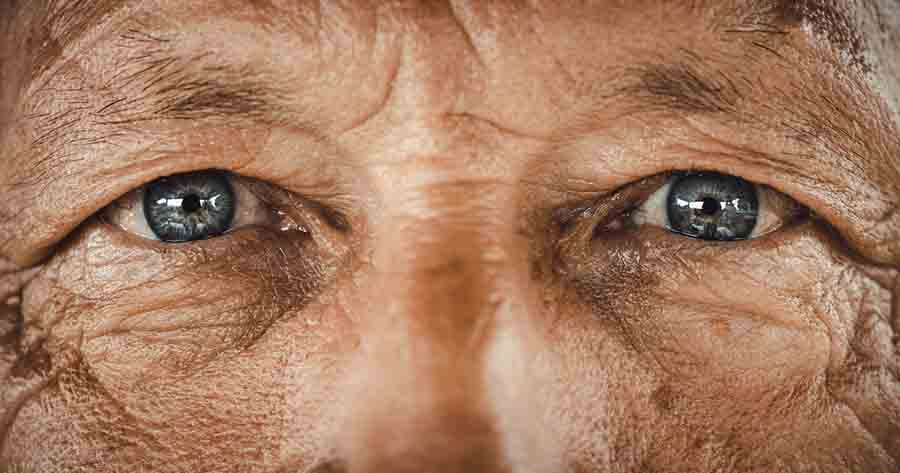An active debate on the future of patient education for those with diabetes is now underway (Cradock, 2003; Everett et al, 2003; Kyne-Grzebalski, 2003; Reid, 2003; Sumner et al, 2003). These discussions are long overdue; the UK’s traditional parochialism and failure to recognise best practice beyond our shores have failed our patients for many years.
There is now widespread agreement that all people with diabetes should receive structured group education, a position strongly supported by NICE and the NSF for Diabetes. The current debate is centred around type 1 diabetes and two broad approaches.
ITTP
One approach adopted and trialled by the DAFNE group is based on the Berger/Pieber Diabetes Intensive Training and Treatment Programme (ITTP), which provides training over 5 consecutive days to groups of 6–8 (DAFNE study group, 2002). This is thought by some to be expensive and exclusive. Participating centres are currently provided with central funding for a full-time educator. Original DAFNE centres argue that educators and doctors should undertake formal training, including peer review and work with a standard curriculum and resources.
An alternative approach
The other approach incorporates the basic principles of dietary freedom, carbohydrate counting and insulin dose adjustment. It delivers training using existing resources, usually over a few hours each week. It has been suggested that this may provide much of the benefit of the Düsseldorf model, but is a more practical option for British centres working in a cash strapped health service. It would be a major advantage if people with type 1 diabetes were able to undertake effective self-management after attending a pared down course run using existing resources. However, at present this remains largely speculative.
Research
In observational studies the Germans and Austrians reported falls in mean HbA1c levels of around 1%, to similar levels achieved in the Diabetes Control and Complications Trial. These were sustained for 3–6 years (Bott et al, 1997; Pieber et al, 1995). This degree of improvement was not observed in the original DAFNE study at 12 months, perhaps because the people selected had poor glycaemic control and long diabetes duration.
It seems unlikely that sustained benefit, comparable to that demonstrated in Europe, will result from shorter and more basic training. Those who advocate such courses should first demonstrate similar long-term results to the German and Austrian data in terms of HbA1c, together with marked improvements in quality of life which were sustained for the 12 months of the DAFNE trial.
Effective training in self-management may need sufficient contact time to allow patients to acquire the skills and confidence to maintain this after initial teaching. Research is needed to elucidate the critical factors for successful self-management and decide how they can best be taught and maintained. The European experience suggests that educators have to be well trained and comfortable allowing patients appropriate autonomy and responsibility to make their own lifestyle decisions.
Conclusion
The DAFNE approach is not the only way to teach the skills of insulin self-management and needs modification to produce better outcomes that are sustained. However, it reproduces a durable German model which has evolved over many years and is now practised with success across Germany, Austria and elsewhere. It would be a typical British response to assume that we can do just as well for less cost by compromising on duration, training and content. To promote a minimalist approach because we cannot afford better, before robust and long-term evaluation, risks condemning those with type 1 diabetes to another 20 years of sub-standard treatment.





Su Down looks back on a year of change and achievement.
17 Dec 2024